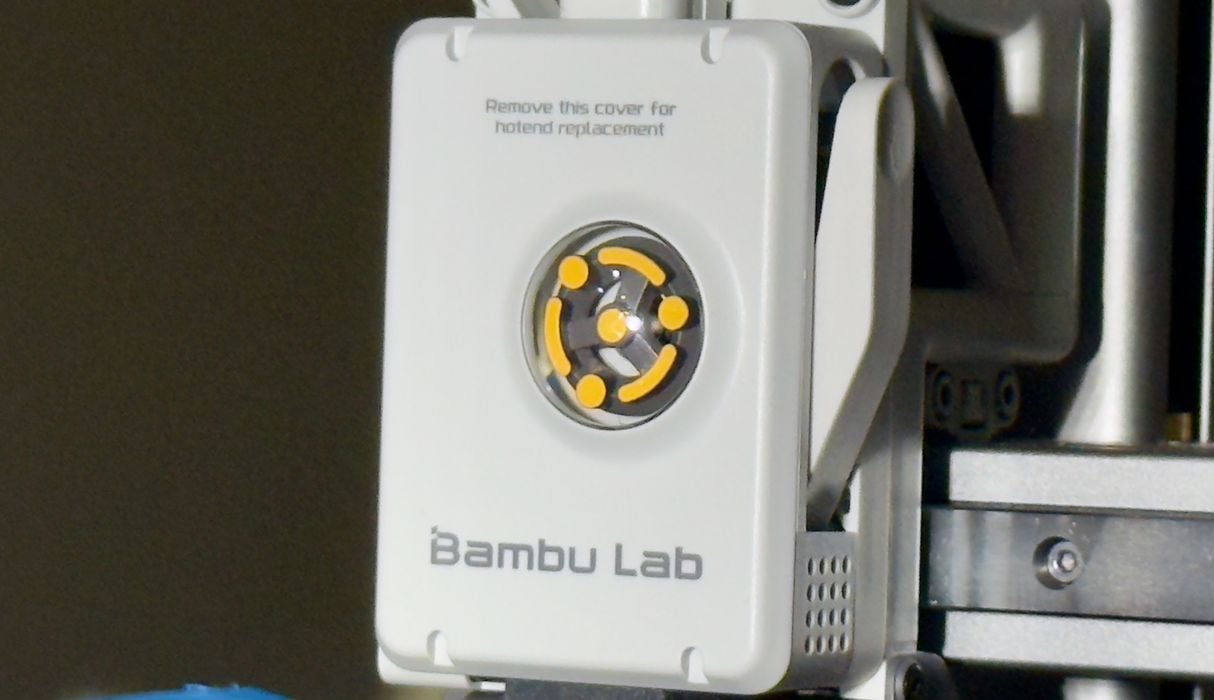
There have been a few more developments in the Bambu Lab situation.
For those somehow unaware, Bambu Lab announced a new security architecture for their 3D printer network to address some serious security concerns. They currently offer a cloud-based system to allow control of your 3D printers from anywhere, in addition to a LAN-only mode for more secure installations.
The new architecture includes the introduction of “Bambu Connect”, an intermediary that acts as a broker between third-party tools and the printers. Previously, third-party tools could simply access the printers directly through a series of APIs. Now the workflows will change and require manual intervention in Bambu Connect to control print jobs.
There was significant pushback from the 3D print community, which saw the change as a way to impose more control over how they worked with Bambu Lab 3D printers. This has generated countless videos and posts, some of which are filled with misinformation and exaggerations. Nevertheless, a chunk of the market is turning away from Bambu Lab.
Bambu Lab reacted with a detailed post explaining how they intend to implement the new architecture, and correcting much of the misinformation. One of the biggest concerns was the ability of third-party slicing software OrcaSlicer (itself a fork of Bambu Lab’s software) to directly work with the equipment. Bambu Lab wrote this:
“We’re actively working with third-party developers to ensure the workflow minimizes disruption to existing user processes.”
However, days later the developer of OrcaSlicer, SoftFever, wrote this in a GitHub thread:
“After carefully evaluating Bambulab’s recent policy change, we have concluded that their proposed integration method would not provide meaningful value for OrcaSlicer users.
Therefore, we have decided NOT to support Bambu Connect for the foreseeable future.
We believe simply launching a separate standalone application falls short of true integration. Without direct access to printer functions, we cannot create the seamless workflow our Bambu printer users expect and deserve. This limitation severely restricts our ability to implement meaningful features and improvements for their printers in the future.
We encourage Bambulab to reconsider their current policy. Users should have full control and choice over the hardware they’ve purchased with their hard-earned money.
We remain open to working with Bambulab if they choose to provide proper API access and support for third-party integration.”
This is a blow to Bambu Lab, because there are a significant number of operators that depend on OrcaSlicer, as it has some additional features — and does not involve Bambu Lab’s Makerworld integration.
It is not clear how this will turn out. OrcaSlicer is a powerful slicer, and can be used on a variety of machines beyond Bambu Lab.
Meanwhile, another third party affected by the architecture change came forward with a similar move. BigTreeTech produces accessory equipment for Bambu Lab equipment, and we’ve even tested some of them.
One of their products is the Panda Touch, an add-on touchscreen for the touchscreen-less P1P and P1S Bambu Lab machines. It works by using those very same APIs that will be disabled when Bambu Connect arrives.
Bambu Lab apparently warned BigTreeTech not to depend on the APIs, but they proceeded anyway. The changes will render the Panda Touch inoperative.
However, we now learn that BigTreeTech may be planning to develop a replacement mainboard for Bambu Lab systems. Online rumors described in All About Bambu suggest the project could be called “Panda Cyborg” and that it would implement standard Klipper firmware for the machine. Whether this is true or not is still a question, but it seems that there is substantial interest in a product of this type.
It may be that the majority of Bambu Lab customers don’t care about this issue and are happy with the software provided by the company regardless of the third-party access concerns. If that’s the case, then it may be that Bambu Lab continues with their announced strategy. If the complaints represent a sufficiently large portion of their market, they may reconsider their approach.
Via GitHub, Bambu Lab and All About Bambu
